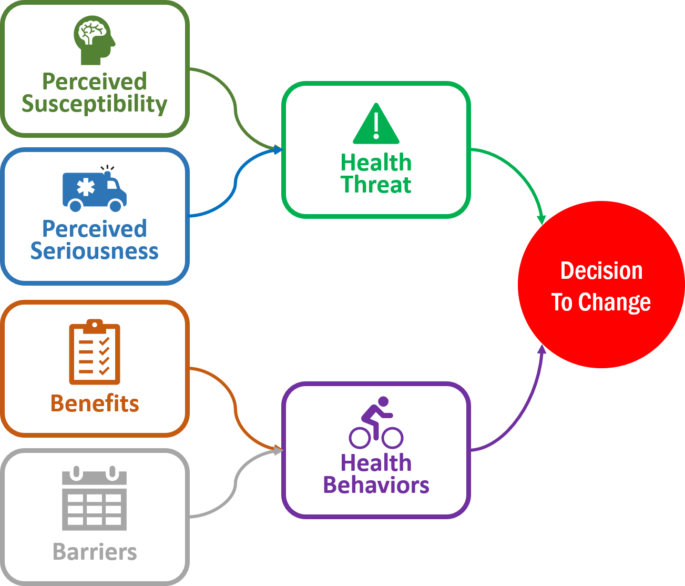Tip #23: Are you really ready to resume an active lifestyle?
Obesity levels for the senior population in the U.S. are now over 40 percent. If you are a former high school/college/post-college athlete who has been on the couch for the past 20-30+ years, this series of twice-monthly (1st and 15th of the month) tips will show you how to resume an active lifestyle.
Fortunately, numerous studies have confirmed that it is never too late to resume an active lifestyle. I will show you how to reduce your fitness age, a more reliable indicator of longevity than your BMI, by 20+ years over the next 12-24 months. You will definitely be healthier, happier, and an inspiration for your family, friends, and colleagues. What’s better than that?
Are you really ready to resume an active lifestyle?
The Transtheoretical Model of Behavior Change emphasizes the importance of viewing intentional behavior change as a process that occurs over time. According to this model, people who change their behavior go through several stages, from precontemplation (not thinking about changing), to contemplation (weighing the pros and cons of changing), to preparation (getting ready to make a change), to action (practicing the new behavior), and finally to maintenance (incorporating the new behavior into one’s lifestyle).
 The Health Belief Model states that people’s ideas and underlying emotions about illnesses, prevention, and treatments may influence health behaviors and decisions about changing (or not changing) health behaviors. This model states that at least four variables influence a person’s decision to change. The first two involve a person’s beliefs about a health threat. The second two reflect the person’s belief about the health behavior that could reduce the threat.
The Health Belief Model states that people’s ideas and underlying emotions about illnesses, prevention, and treatments may influence health behaviors and decisions about changing (or not changing) health behaviors. This model states that at least four variables influence a person’s decision to change. The first two involve a person’s beliefs about a health threat. The second two reflect the person’s belief about the health behavior that could reduce the threat.
 If you recently received an order from your physician to “get active or else,” this model may be of particular relevance for you. Note, however, that these two models are not mutually exclusive. They are presented to show you that no one just jumps off the couch and gets back on their bike. It may take weeks, months, or years to progress through these distinct stages. So, how ready are you to resume an active lifestyle?
If you recently received an order from your physician to “get active or else,” this model may be of particular relevance for you. Note, however, that these two models are not mutually exclusive. They are presented to show you that no one just jumps off the couch and gets back on their bike. It may take weeks, months, or years to progress through these distinct stages. So, how ready are you to resume an active lifestyle?
What have I learned?
A Health & Wellness Coach (H&WC) partners with clients seeking self-directed, lasting changes, aligned with their values, which promote health and wellness and, thereby, enhance well-being. Unlike a personal trainer, a H&WC collaborates with clients to develop achievable and measurable goals, monitor success, and motivate ongoing health behavior change. A H&WC empowers clients to develop and leverage the individual’s strengths to support successful behavior changes.
Any questions?
Tip #24 Preview: How do you actually resume a more active lifestyle?
